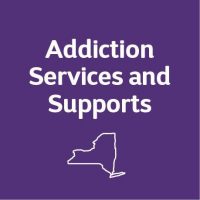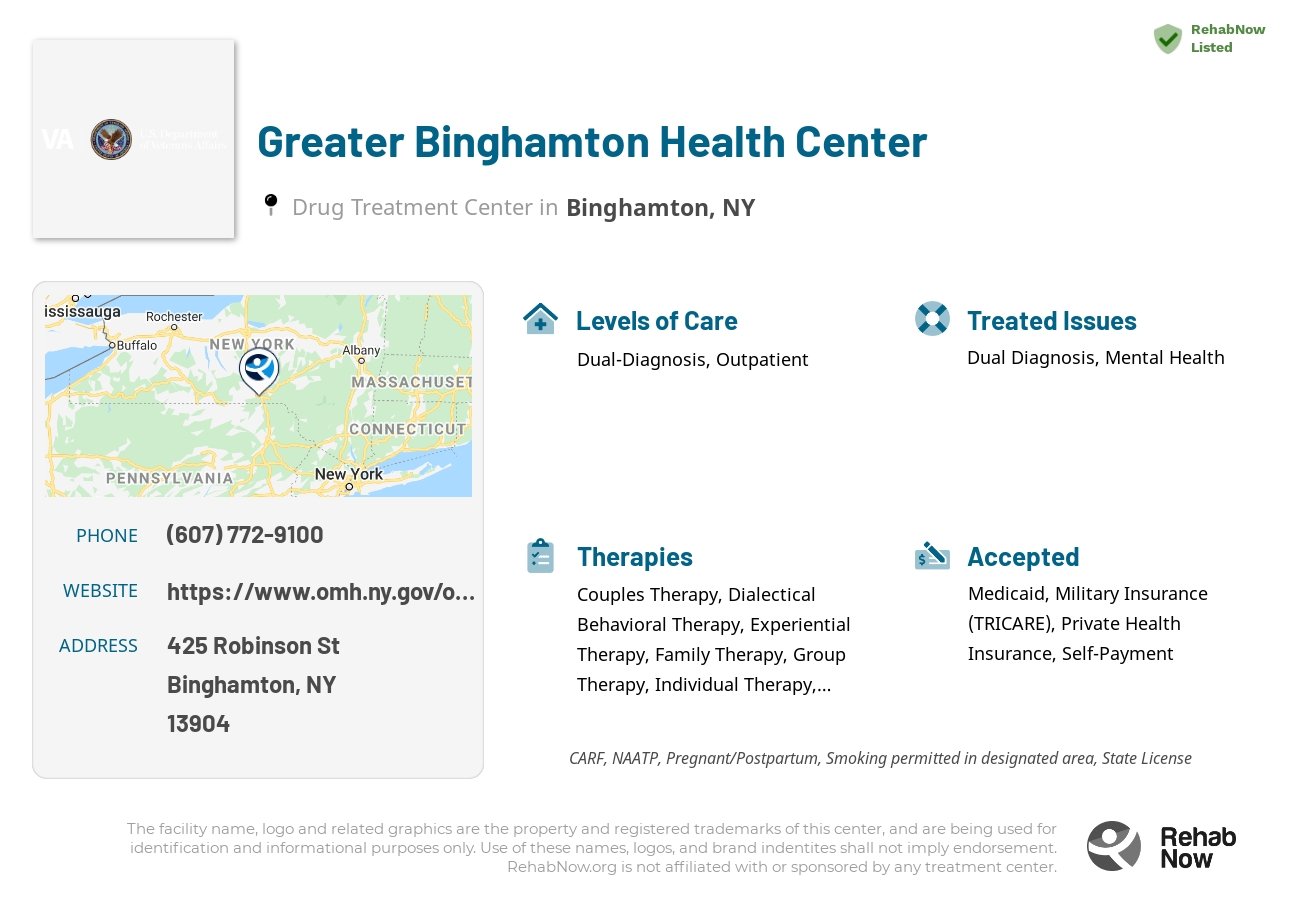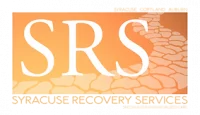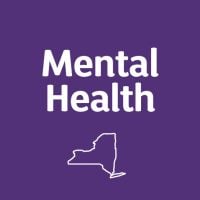
Greater Binghamton Health Center
Drug Rehab Center in Binghamton, New York
- Mental Health
- Dual Diagnosis
The Greater Binghamton Health Center offers comprehensive treatment services, including various therapies and levels of care, for patients with mental health and dual-diagnosis issues, while accepting private health insurance and being affiliated with the New York State Office of Mental Health.
About This Binghamton, NY Facility
The Greater Binghamton Health Center is a comprehensive treatment practice located in Binghamton, New York. They specialize in helping people with both dual diagnosis and mental health issues. They offer various services including couples therapy, dialetical behavior therapy, experiential therapy, family therapy, group therapy, individual therapy, nicotine replacement therapy, nutrition therapy, trauma therapy and cognitive behavioral treatment. In addition to these, the practice offers several levels of care, including dual-diagnosis, outpatient and inpatient treatment.
The Greater Binghamton Health Center accepts private health insurance and is affiliated with the New York State Office of Mental Health. Their comprehensive services and dedication to helping patients through mental health and dual-diagnosis issues has made them a top-rated practice in the state of New York. They offer a supportive and understanding environment, as well as knowledgeable and experienced staff to ensure proper treatment.
Genders
Ages
Modality
Additional
Conditions and Issues Treated
An underlying cause often brings about addiction. Mental disorders can lie at the center, such as schizophrenia, bipolar disorder or anxiety disorder. As well as the cause of the addiction, a dual diagnosis by Greater Binghamton Health Center helps to treat the addiction. This ensures that after treatment is complete, the patient will not fall back on old practices.
Levels of Care Offered
This center offers a variety of custom treatment tailored to individual recovery. Currently available are Dual-Diagnosis, Inpatient, Outpatient, with additional therapies available as listed below.
Inpatient treatment for addiction is generally not as scary as it might sound. It is a way to find recovery while being in a supportive and controlled environment. The duration of treatment at Greater Binghamton Health Center in Binghamton can be different based on each individual. Many can leave after 28 days; some may stay a few months, and others may stay six months or longer.
When remaining at their job in Binghamton, or continuing their studies, the individual may live with their family while utilizing Greater Binghamton Health Center‘s outpatient services. Treatment requires counseling the patient at the individual level, in a group setting, about substance addiction, drugs, and therapy sessions.
Greater Binghamton Health Center‘s Therapies & Programs
Couples therapy reduces the dysfunctional behavior in a relationship that may cause addiction. It can help one or both members of the couple. It targets addiction and it can make for a healthier relationship.
Patients who receive generous support from their loved ones have better chances of completing their recovery. Genetics play a role when it comes to addiction, so it’s better to approach the problem as a unit. Family members can help an individual avoid addiction triggers and guide him or her in making lifestyle changes.
Group therapy is a type of counseling at Greater Binghamton Health Center in Binghamton, NY that occurs between a bunch of strangers. The goal of group therapy sessions is to foster hope and a sense of belonging. It also helps to have people who can relate to what you’re going through. Good behaviors can also be contagious.
As a means of managing pain that has plagued them in the past, many individuals turn to drugs and alcohol. Assault, negligence, the loss of a loved one, and other unfortunate events may involve trauma. This treatment, offered and administrated by Greater Binghamton Health Center in Binghamton, NY provides individuals the resources to cope with past traumas healthily.
Dialectical behavioral therapy focuses on eliminating negative thoughts such as suicidal thoughts. It is useful in the treatment of patients with uncontrollable emotions. The term “dialectic” means the integration of opposites. In the substance abuse context, DBT refers to accepting the patient’s addiction.
Nutrition Therapy focuses on improving the emotional and physical health by diet, or Medical Nutrition Therapy (MNT). A diet low in certain nutrients can contribute to feelings that can trigger addiction or relapse. To cure the body and discourage addictive behavior, diet therapy encourages healthy eating.
Patient Experience
Experiential Therapy at Greater Binghamton Health Center
Experiential therapy involves having patients work through mental issues by engaging in real time activities. It moves away from traditional talk therapy having patients role play or use props to explore their issues and emotions. This treatment process, available at Greater Binghamton Health Center, helps people process trauma and emotion in a healthier fashion eliminating the need to turn to drugs and alcohol.
Payment Options Accepted
For specific insurance or payment methods please contact us.
Is your insurance accepted?
Ask an expert, call (888) 674-0062
Office of Mental Health – New York State Associated Centers
Discover treatment facilities under the same provider.
- Greater Binghamton Health Center - Psychiatric in Binghamton, NY
- Hutchings Psychiatric Center - Outpatient in Syracuse, NY
- Creedmoor Psychiatric Center in Queens Village, NY
- Mohawk Valley Psychiatric Center - Inpatient in Utica, NY
- Fulton County Addiction Services in Gloversville, NY
Learn More About Office of Mental Health – New York State Centers
Additional Details
Specifics, location, and helpful extra information.
Binghamton, New York 13904 Phone Number(607) 772-9100 Meta DetailsUpdated November 25, 2023
Staff Verified
Patient Reviews
There are no reviews yet. Be the first one to write one.
Binghamton, New York Addiction Information
More than 2 million New Yorkers are currently suffering from some type of substance abuse and many of those are minors. Alcohol abuse, in particular, is prevalent among those underage. As a result of the high prices and regulation of prescription drugs, many New Yorkers turn to heroin instead. This has led to a serious heroin epidemic in the state.
About 28% of all crimes committed in Binghamton are drug-related. 15% of residents admit to using illegal drugs at least once. The number of overdose deaths has increased by 40% since 2010. 24% of people who die from overdoses are under the age of 25. Luxury rehab can be a great option for treatment. It's important to remember that in treatment the quality of the staff and the program matters the most.
Treatment in Nearby Cities
- Seaford, NY (158.7 mi.)
- Granville, NY (160.2 mi.)
- Westhampton Beach, NY (189.6 mi.)
- Mastic, NY ( mi.)
- Rensselaer, NY (114.8 mi.)
Centers near Greater Binghamton Health Center



The facility name, logo and brand are the property and registered trademarks of Greater Binghamton Health Center, and are being used for identification and informational purposes only. Use of these names, logos and brands shall not imply endorsement. RehabNow.org is not affiliated with or sponsored by Greater Binghamton Health Center.






